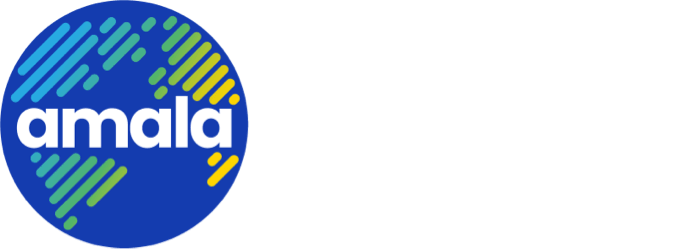A major evaluation that assessed the performance of over 500 renewable energy projects supported by the World Bank Group, identifying barriers to overcome and pathways to scale-up renewable capacity for achieving SDGs and Paris Agreement targets. The evaluated portfolio covered the extended period from 2000-2017 capturing a timeframe when renewable markets evolved rapidly and dramatically and ramp-up the deployment of multiple technologies. The multi-method evaluation brought together evidence from a structured literature review, analysis of a global portfolio of over 500 investments, in-depth renewable energy country case studies including a Qualitative Comparative Assessment (QCA), interviews with various stakeholders, and insights from a global expert panel on renewable energy that was convened by the Independent Evaluation Group (IEG) of the World Bank Group. Some of the major findings from the evaluation include:
- Renewable energy (along with energy efficiency) is expected to be a key driver of achieving the SDGs and the Paris Agreement targets.
- It calls for a Clean Energy Transition with momentous investments in all renewable energy technologies, particularly solar PV, hydropower, and wind power; in order to make a marked shift in power generation from the 27% current share from renewables.
- While there has been rapid expansion of investments, especially in solar PV and wind power, increasing shares of such variable renewable energy (VRE) technologies will present challenge to integration that must be overcome to smoothly implement the transition.
- Hydropower will remain a mainstay renewable technology, albeit with smaller share. However, hydropower with storage reservoirs, given its dispatchability, will have an outsized role as a clean energy solution for integrating VRE technologies, and will need to be developed to international standards for environmental protection and social inclusion.
- A scale-up beyond business-as-usual would require global investments in renewable energy to double from the present $300 billion, much of it in emerging markets in developing countries.
- Pathways to scaling-up investments call for overcoming several key barriers. They include improving the policy environment, integration of renewable energies especially VRE technologies, and mitigating investment risks particularly when mobilizing the private sector.
- Interventions in renewables will also need to consider various vested interest and address concerns, according to the Global Expert Panel on RE.
- The Global Expert Panel on RE also envisaged greater integration of VRE due to advances in battery storage, but was of the view that the economic viability of the technology at utility scale is likely to materialize only in the medium-term. Their view on distributed generation was mixed, as some saw it as a very important solution for scaling-up renewables and overcoming initial integration transmission bottlenecks while others found it to be less significant, perhaps because such a scale-up in VRE can also lead to integration challenges.
The evaluation was prepared by a team that included several Global Associates of AMALA – Migara Jayawardena, Noureddine Berrah, Kaler Hurkan, Enno Henderjemans, and Dennis Reyes.
Click here to download the full evaluation.
